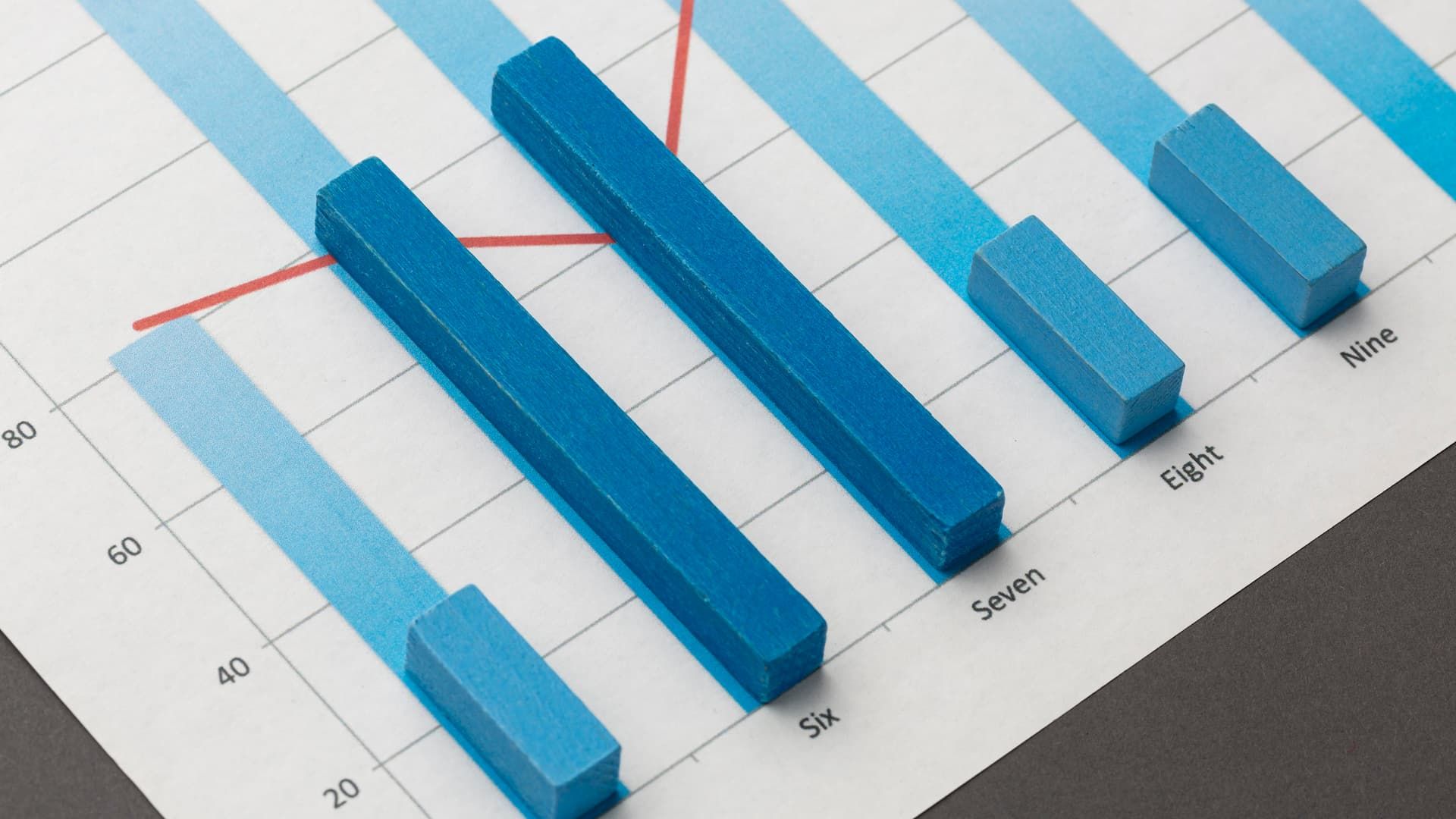Starting out in trading can feel exciting, but it also comes with its fair share of challenges, especially when you decide to start trading . Many new traders jump straight into the stock market or forex trading without first establishing the habits that will carry them through volatile times. Building good habits as a beginner trader is not about chasing quick profits. It is about creating routines, following a trading plan, and learning how to manage risks so that your trading journey is sustainable. If you can focus on the right behaviors early on, you will have a much better chance of avoiding the mistakes that cause so many beginner traders to lose money rapidly. Platforms like 24Markets.com make the process easier by offering demo accounts, real-time trading platforms, and educational resources tailored to people just starting out.
Understanding the Basics of Financial Markets
What Beginner Traders Should Know
Financial markets bring together millions of market participants every day. Some are long-term investors, others are day traders who focus on active trading , and many are in between. They trade financial instruments such as individual stocks, commodities, and currency pairs. For someone new, it is vital to understand that the market price of any asset is not fixed. Stock prices, the value of the US dollar, or the expected price of brent crude oil can change in seconds based on demand and supply. These changes, known as price movements, are often driven by central bank policies, financial news, and trading volumes.
Beginner traders should also recognize that each asset class behaves differently. The forex market, for example, tends to have high liquidity in major currency pairs, while commodities like oil or gold are tied more directly to global events. Knowing how these markets move and what causes them to shift is one of the first steps in learning how to trade safely.
Different Asset Classes Explained
Individual Stocks
To trade stocks, you need to understand that it means buying shares in companies listed on stock markets. Stock trading is familiar to most people, but that does not mean it is simple. A stock price can rise on positive earnings or fall sharply on bad news. Beginner traders often start with blue-chip stocks since they are more stable compared to speculative shares. Still, without a trading strategy and risk management rules, even trading a few stocks can lead to losses.
Currency Pairs
Foreign exchange trading is another popular entry point. Here, one currency is traded against another. Currency pairs such as EUR/USD or GBP/JPY are considered major among the popular currency pairs. because of their high trading volume. Beginners are often attracted to the forex market because it operates around the clock and offers plenty of short-term trading opportunities. However, forex trading can be risky, and without a solid strategy, the volatile nature of the market can quickly drain your trading account.
Commodities Trading
Commodities trading covers raw materials like gold, silver, and brent crude oil. These are sometimes called “hard assets” because they are tied to physical resources. Commodity prices are heavily influenced by supply and demand relationships and can be highly sensitive to global events. Beginners who want to trade commodities should keep in mind that price volatility in oil or silver can be just as intense, leading to the risk of losing money rapidly. as in stock markets, if not more.
Exchange Traded Funds
Exchange traded funds, or ETFs, pool together multiple assets into one financial instrument that trades like a stock. Using a trading platform, ETFs are a beginner-friendly way to gain exposure to different asset classes. without needing to pick individual stocks or commodities. For those starting out, ETFs can be a safer first step compared to margin trading or short selling.
Starting With Forex Trading and Demo Accounts
Benefits of Using a Demo Account
One of the best habits you can build is practicing with a demo account before risking real money. A demo account mirrors actual price movements in financial markets, but trades are executed with virtual currency. This allows you to test trading strategies, learn how orders work, and watch how market volatility affects currency pairs or stock prices in real time. Many brokers, including 24Markets.com, provide demo accounts so that beginner traders can practice trading CFDs, forex, and stocks without the fear of losing money.
Day Trading for Beginners
Day trading means opening and closing positions within the same trading day. Day trading stocks or major forex pairs is popular because of their high liquidity and constant trading activity. However, the risks are significant. Markets can change rapidly, and a stock falls or rises based on unexpected financial news. Beginners need to understand that day trading is demanding. It requires quick decision making, technical analysis including various chart patterns , and constant monitoring of market conditions. Without a clear stop loss strategy and risk tolerance level, many traders fail when they attempt day trading too early.
Developing Effective Trading Habits
Asset Allocation Strategies
One important step for new traders is learning how to spread risk. Asset allocation means dividing your capital among asset classes such as stock trading, forex trading, and commodities trading. Instead of putting all your capital into one currency pair or a single stock, distributing across several assets lowers the chances of catastrophic losses. Beginners should avoid risking real money on a single expected price movement. A balanced trading plan is a safety net that can help protect your capital from sudden market fluctuations.
Incorporating Fundamental Analysis
Fundamental analysis looks at the underlying asset’s real value by studying earnings reports, central bank policies, or economic data. For instance, a currency pair like USD/JPY can move when the Bank of Japan makes policy changes. Stock prices shift on earnings announcements or guidance from management. Even commodities like oil respond to supply data. Beginner traders who connect these factors to actual price changes will have an easier time developing a trading strategy.
Setting Realistic Goals
Many new traders start with the dream of making quick profits. The reality is that trading for beginners should be about survival and learning, not instant wealth. Setting realistic goals, such as maintaining a trading journal for 30 days and determining how much capital you are willing to risk. or sticking to a single trading strategy, is more valuable than doubling your trading account in one month. Small wins and steady learning build confidence without the risks of overexposure.
Consistent Practice and Record Keeping
Recording every trade in a journal is another good habit. Note the entry price, exit points, and whether you followed your predefined trading plan. Over time, you will spot recurring mistakes like entering trades too late or ignoring your stop loss. This habit allows you to refine your trading strategies and prevent emotional decision making. Many successful traders credit their journals as key tools in improving their performance.
Managing Risk and Expectations
Risk Management for Beginner Traders
Risk management is not optional. Using stop loss orders, managing position size, and avoiding excessive margin trading are essential. Market volatility can quickly wipe out an account if you are not careful, exposing traders to significant risks . As an active trader, your job is not to avoid losses altogether but to limit losses to a manageable level. This is why risk tolerance must be defined before you place your first order.
Learning From Mistakes
Mistakes are part of trading, especially for beginners. What matters is whether you learn from them. Instead of treating losing trades as failures, view them as feedback. Did you ignore your trading strategy? Did you risk too much capital on one trade? Keeping track of these lessons in your journal helps you avoid repeating them.
Staying Disciplined and Patient
Building a Long-Term Trading Routine
Trading is a long-term process, not a sprint. Building a daily routine that includes market analysis, reviewing financial news, and setting goals will give you structure. Routines keep emotions in check and prevent impulsive trades that often lead to losing money. Discipline also means waiting for the right trade instead of forcing activity during every trading day.
Continuous Learning and Adaptation
Financial markets evolve. New financial instruments emerge, central bank policies shift, and market participants react differently to global events. Beginner traders need to keep learning through educational resources, webinars, and practice trading. Platforms like 24Markets.com give access to both demo and live trading accounts, making it easier to transition from practicing with virtual currency to trading with real capital when you are ready.













